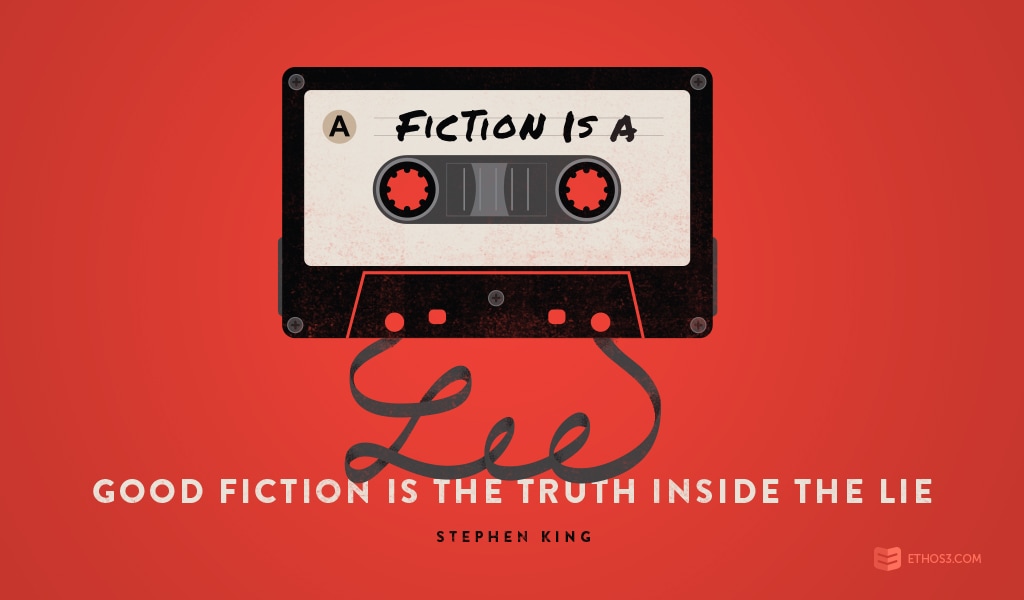TELEVISION PROGRAM PRODUCTION
TELEVISION PROGRAM PRODUCTION
WHAT IS FICTION
Fiction broadly refers to any narrative that is derived from the imagination — in other words, not based strictly on history or fact. It can also refer,
more narrowly, to narratives written only in prose (the novel and short
story), and is often used as a synonym for the novel. In cinema it corresponds to narrative
film in opposition to documentary as far as novel to feature
film and short story to short
film.
In its most narrow usage
fiction refers to novels, but it may also denote any "literary narrative including novels, novellas, and short
stories. More broadly, fiction has come
to encompass imaginative storytelling in any format, including writings, theatrical performances, comics, films, television programs, animations, games (most notably, video
games and role-playing
games), and so on.
A work of fiction implies
the inventive act of constructing
an imaginary world, so its audience does not
typically expect it to be totally faithful to the real world in presenting only characters who are actual people or descriptions that are
factually true.[7] Instead, the context of fiction, generally understood
as not adhering precisely to the real world, is more open to interpretation.
Characters and events within a fictional work may even be set in their own
context entirely separate from the known universe: an independent fictional universe.
Fiction's traditional
opposite is non-fiction, a narrative work whose creator assumes responsibility for
presenting only the historical and factual truth. The distinction between
fiction and non-fiction however can be unclear in some recent artistic and
literary movements, such as postmodern literature.

HAPPY LEARNING
PRIYANKA R DEY



Comments
Post a Comment